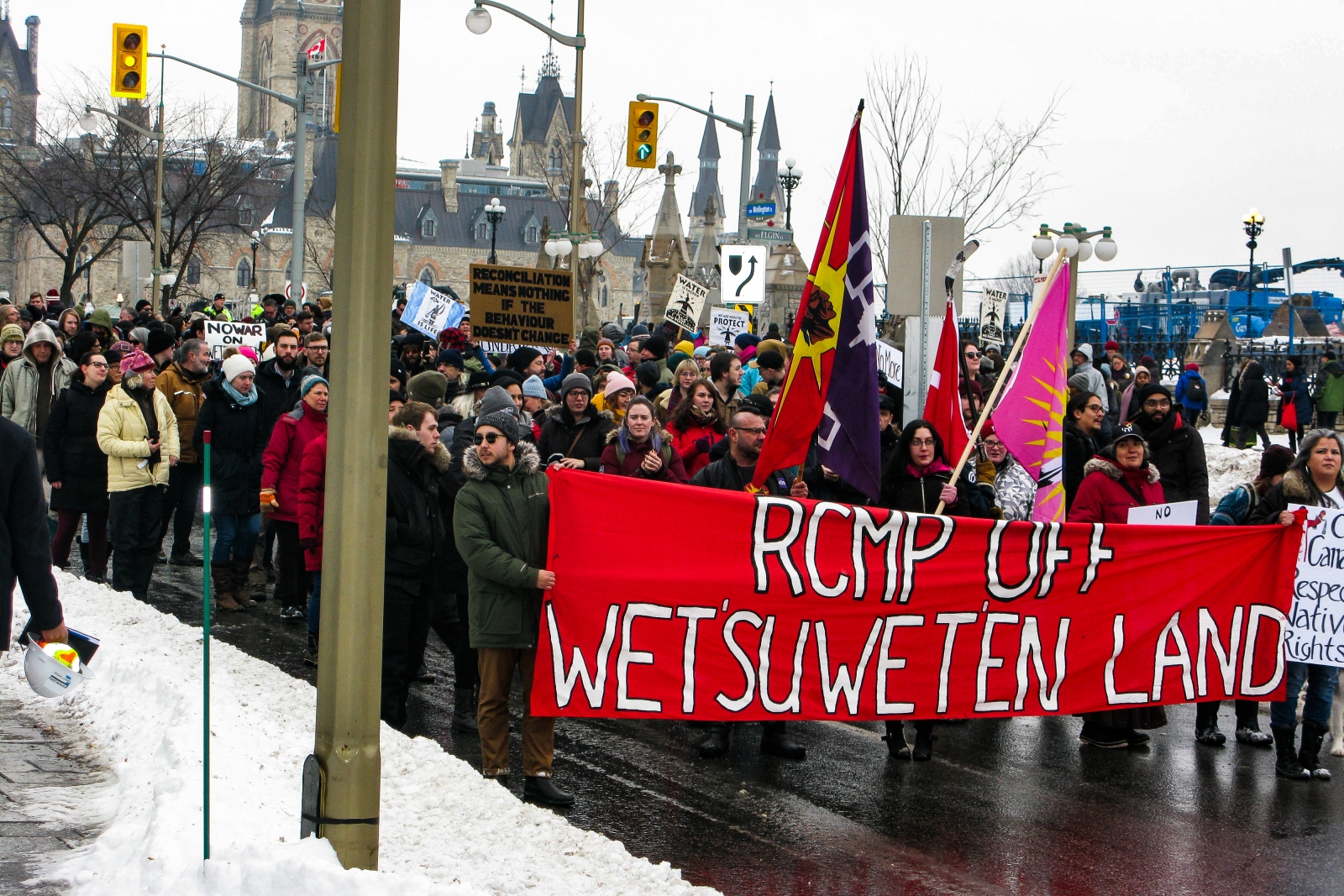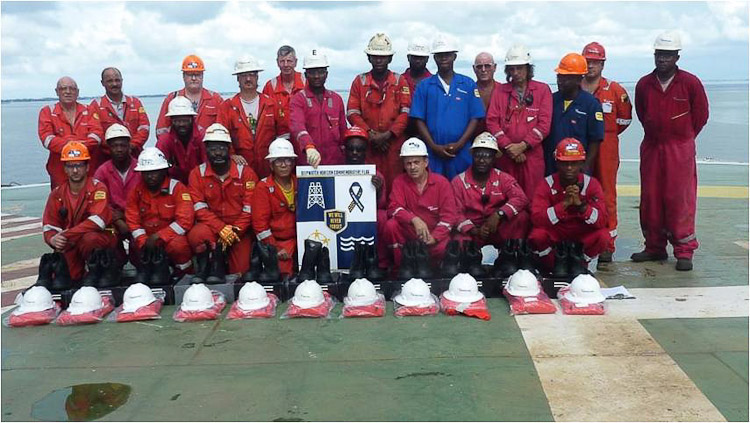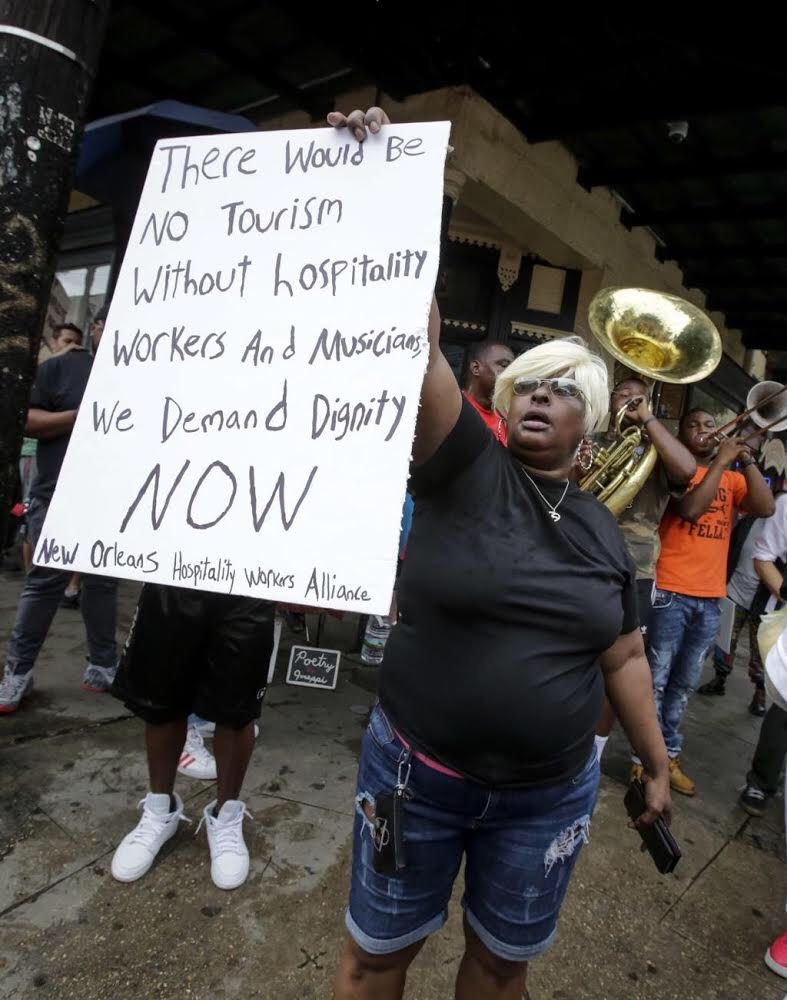
By Meg Maloney
The government of Canada, the Royal Canadian Mounted Police (RCMP), and Coastal TransCanada/TC Energy are openly violating Wet’suwet’en, Canadian, and international law by forcibly entering Wet’suwet’en Territory. TransCanada is proposing a 670-kilometer fracked gas pipeline that would carry gas from Dawson Creek to the coastal town of Kitimat, British Columbia. All five Clans within the Wet’suwet’en Nation have opposed all pipeline proposals and have not provided consent to TransCanada. Land protectors had set up two encampments where they had been physically blocking entry to TransCanada. The RCMP responded by organizing a violent militarized campaign which included police carrying assault and sniper rifles.
Solidarity rallies, sit-ins, and railroad blockades have been organized from coast to coast, as well as internationally, demanding the RCMP leave Wet’suwet’en Territory. Protesters have successfully blocked major ports in the cities of Vancouver and Delta, BC. Service was suspended along the popular Toronto-Montreal rail road line as a result of a blockade in Tyendinaga Mohawk Territory in Ontario. Protesters in the city of Vaughan blocked trains en route to London (ON), Hamilton, New York, and Michigan. Indigenous people and their supporters also blocked access into the provincial legislature in Victoria.
Canadian National Railroad (CN) invested over $95 million into Louisiana rail in 2019. CN’s infrastructure connects the Port of New Orleans to markets across the continent and links some of the states most important businesses in Baton Rouge and River Parishes to their suppliers. Across this continent and around the world, we are more connected than we may think. The South and Louisiana particularly have been a hub for land grabbing, resource extraction, and exploitation. So many capitalists come here to take advantage of the lack of labor rights and immense tax breaks politicians advertise to them.
We’re in solidarity with the Wet’suwet’en Nation. In solidarity, our collective strength is found.


